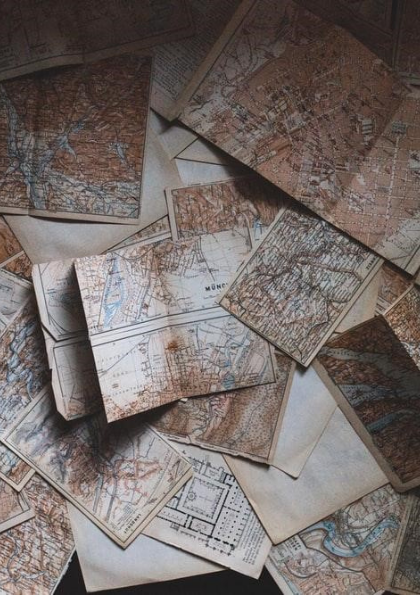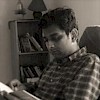
My first degree was in electrical and electronics engineering, but today I make a living teaching and writing history. People sometimes ask me how this happened. The interest in the past had lodged in my brain at a very young age—it’s just that I didn’t know how to recognise it, or understand until much later that it was a sign of the career I should choose. I would spend hours going through the old magazines of Sport and Pastime which my uncle, a cricket tragic, had collected in bound volumes from the 1960s. I sat mesmerised as documentaries like Michael Wood’s Legacy played on TV, transporting me to ancient Egypt one day, ancient India the next. Who were these people who built the gigantic pyramids or inscribed the Ashokan edicts?
I remember distinctly one summer vacation visiting relatives in Delhi, when we made the rounds of the many relics of the medieval city: the Lodhi tombs, Purana Qila, the Red Fort, Bijay Mandal, Humayun’s Tomb, Safdarjung’s Tomb. As a child I was very upset that we weren’t allowed to go up to the balconies and upper floors of these buildings—but it only made my imagination keener. It was a symbol of the most enchanting yet frustrating thing about history: its ultimate elusiveness. We want to travel back in time, picture in technicolour detail the scenes of 1600 or 1750 or even 100 BC, but of course we can never do so completely.
But history, as I learnt later, is not just about Disney-like adventures in a time machine. It’s also about understanding some enduring truths about human societies. It is about discerning patterns and answering the question not just of what happened but more crucially of why it happened that way. The study of history can also rid us of sentimental notions of the past. Not everything was glorious or serene in the days of our ancestors. The people of the 1920s did not experience their lives in black and white, though we think of them that way. Nor did the ancients think of themselves as ancient: for them, their time was the most modern era since the dawn of existence.
So what do historians do? We sift through large amounts of evidence, often spending days and weeks in archives, where yellowing, sometimes crumbling documents of a bygone era are stored. We pore over old newspapers and letters, read books about the time period we are researching, in some cases interview people old enough to have memories from the relevant period, or relatives who lived through it. Those researching the ancient world might study inscriptions or incorporate the findings of archaeological digs. Increasingly we use digitised databases—newspapers and journals from around the world have been scanned and stored online. In all this, the historian must weigh, judge, triangulate, in order to arrive at an interpretation that strives for accuracy and relevance.
At Ahmedabad University, it is our aim to give undergraduate students in History some experience of these often exciting methods, in addition to a solid grounding in the work of earlier historians. Our interdisciplinary programme structure means you will also be able to combine this with courses in a wide variety of other subjects—from the sciences to mathematics to philosophy. Whether you wish to become a historian, a journalist, a writer, a policy specialist, a lawyer, a civil servant, or anything else, there are few better ways to prepare yourself than to gain an understanding of how our world came to be.


